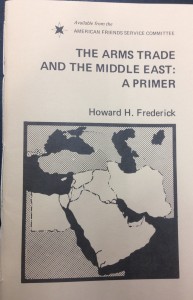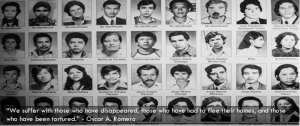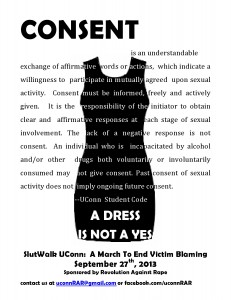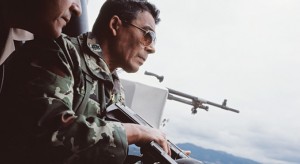As was the case with the majority of the geopolitical proxy wars of the mid- to late-20th century, the case study of U.S. operations in Latin America throughout the cold war largely resemble neo-colonialism. This was the argument employed by Lawrence Whitehead (1969), a renowned scholar of Latin American democratization, who identified U.S.-Bolivian relations as a pure example of such; where the U.S. suborned the local regimes to protect its economic, ideological and national security interests through material aid. Such aid was used to keep sympathetic regimes in power and, further, the threat of curtailing this aid was a well-used manipulative tool that allowed the U.S. to bring regimes to heel.
In the particular instance of Bolivia, the economic and political factors underpinning U.S. operations were two-fold. For one, the nation was home to a considerable quantity of exportable tin that came to surpass silver as its most valuable commodity during World War II. However, it was the political turmoil that gripped Bolivia in the wake of the war that made it of significant concern to the U.S. government. Following a disputed election in 1951, in which the Revolutionary Nationalist Movement (MNR) was denied victory, the group launched a successful revolution in April 1952. A large motivator of this was the abject socioeconomic conditions to be found in Bolivia after generations of laissez-faire government policies and exploitative capitalism. The severe inability for the MNR to combat these issues was seen as an opening for the spread of socialism, thus Bolivia became embroiled in the Cold War power dynamics of the U.S. and U.S.S.R. Continue reading








